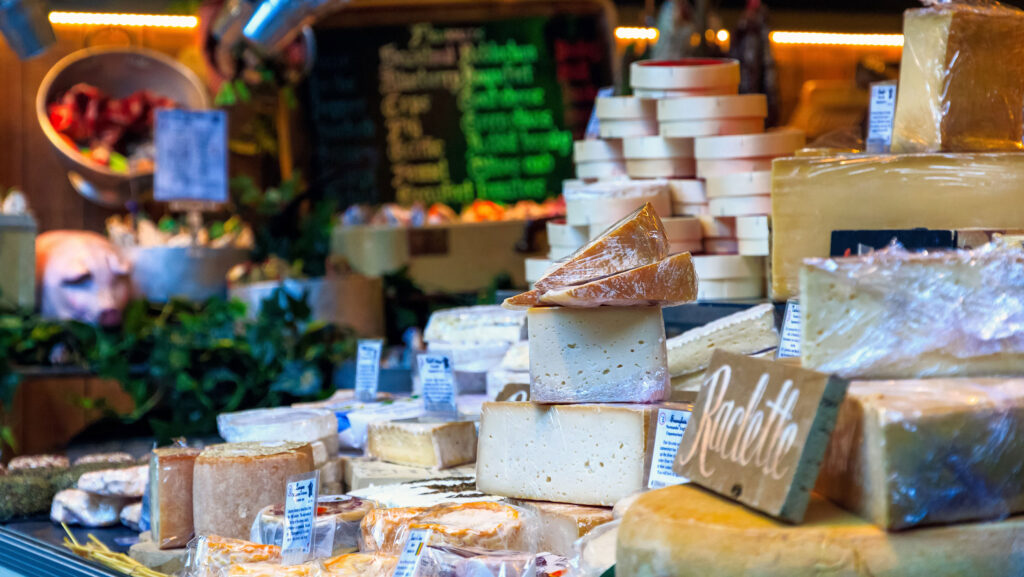What a trade deal with India could mean for UK agriculture
 © Adobe Stock
© Adobe Stock A potential UK-India trade deal could create new opportunities for UK agricultural exports.
However, some farming sectors warn it might also lead to an influx of cheap food imports produced to lower standards.
Chancellor Rachel Reeves met with delegates from India this week in an attempt to speed up negotiations, and a deal is reportedly nearing completion.
See also: US tariffs hit fuel and fertiliser markets
Ms Reeves said: “Our relationship with India is long-standing and broad, and I am delighted with the progress made throughout this dialogue to develop it further.”
India surpassed China as the largest global population in 2023, representing a huge market with more than 1.4bn citizens.
Sheepmeat and value-added dairy products, such as cheese, are likely to be some of the UK exports which could have the most to gain from a free-trade agreement (FTA) with India, according to the AHDB.
NFU president Tom Bradshaw said: “A trade deal with India could create genuine export opportunities for the high-quality food the UK agricultural sector has to offer.
“However, this must not come at the expense of British farmers and growers or the high standards the public rightly expects.”
Farmers Weekly contacted the Department for Business and Trade to see whether modelling had been carried out on future potential volumes of food imports and exports as a result of an FTA. No direct response was given.
However, a government spokesperson said: “We will only ever sign trade agreements which align with the UK’s national interests, and we will always uphold our high food standards.”
Concerns
The use of pesticides on crops in India, which have been banned in the UK, has been raised as a significant concern by the environmental group Pesticide Action Network UK (PAN UK).
The group warns food imports from India may contain high levels of pesticide residues and could undercut domestic production.
Josie Cohen, head of policy at PAN UK, said: “The UK-India deal is likely to lead to larger amounts of more toxic chemicals in our food as it drives an influx of pesticide-laden imports.
“We saw the government sell British farmers down the river with the Australia deal.
“The impact of a similar agreement with India – one of the world’s largest agricultural exporters – will be much greater, making it harder for our farmers to earn a living at a time when we’re asking them to produce more sustainably.”
The British sugar beet sector has also been vocal previously about how a deal could lead to sugar imports produced to lower standards coming to the UK.
Mr Bradshaw added: “A World Trade Organisation (WTO) panel has found that India broke international trading rules by unfairly subsidising its sugar sector.
“As a country that champions fair and rules-based trade, the UK government must not grant market access for Indian sugar. Doing so would expose our farmers to unfair competition from illegally subsidised imports and would reward India for such practices.
“Farmers need to know the government’s commitments to protect food, environmental, and animal welfare standards will be backed by action – starting with rejecting imports produced or supported in ways that would be illegal here.”
